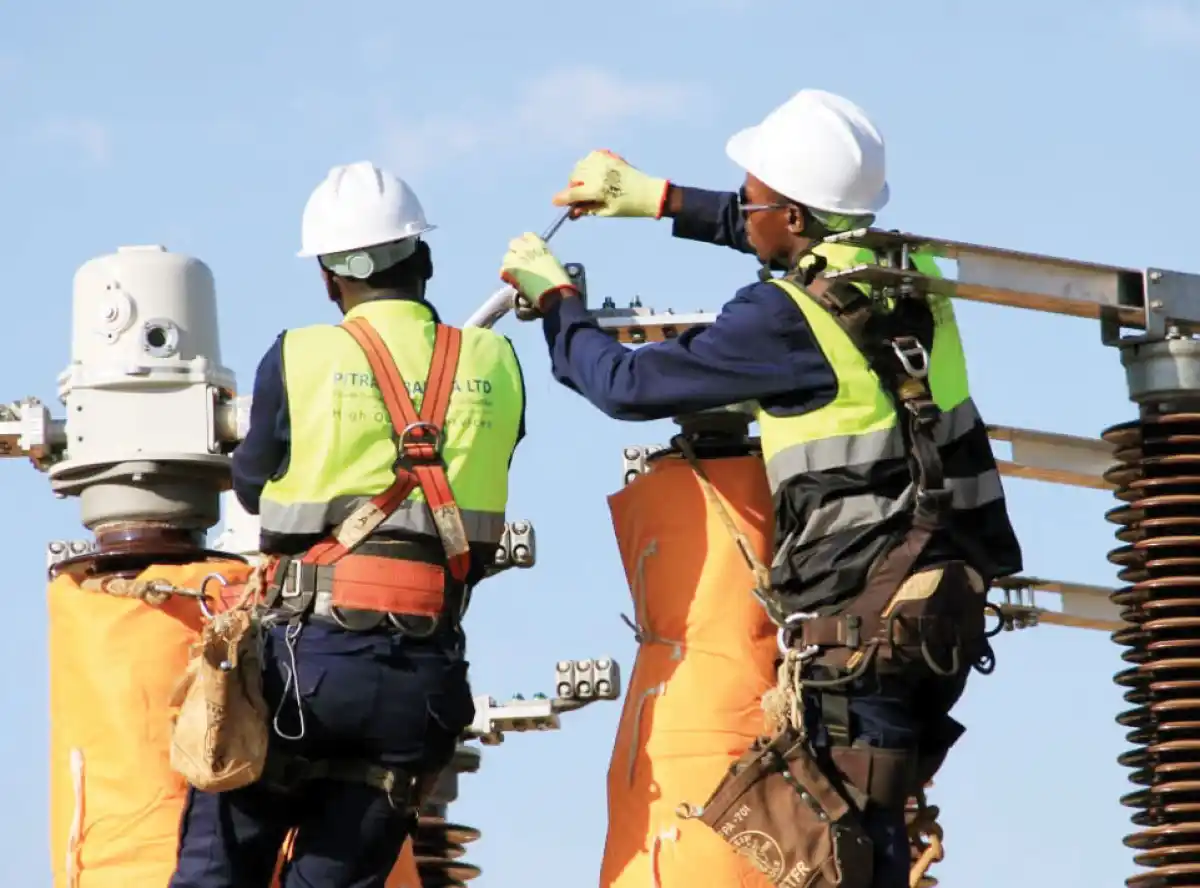
By Daniel Zimba:
The Electricity Supply Corporation of Malawi (Escom) has announced plans to resume connecting new customers under the Malawi Electricity Access Project (Meap), which stalled earlier this month due to a shortage of meters.

Meap Deputy Project Manager Gift Banda and Escom Public Relations Officer Peter Kanjere have both confirmed that approximately 90,000 new customers will be connected between March and June 2024.
Banda said that the procurement process for the meters is almost complete and they expect the products to arrive in the country by the end of February.
The project aims to provide a total of 180,000 new connections and nearly half of this target has already been achieved, according to the power supplier.
“We are engaging contractors to ramp up connections in order to meet the target,” Banda said.
He added that the newly acquired meters will cater to the 57,861 customers who have already paid for their connections, while 72,124 applicants are urged to settle their outstanding K93,200 connection fees.
He also mentioned that Meap has introduced ‘Ready Boards’, what he described as an affordable solution for customers who cannot afford house wiring.
In a separate interview, Kanjere expressed satisfaction with the progress made so far, despite the challenges they have encountered.
“The project has made tremendous progress and I am pleased to announce that by the end of February, we will have everything in place and by March, the project will resume to cater for the remaining 90,000 connections,” Kanjere said.
Launched in 2021, Meap aims to provide electricity to 180,000 households within a 500-metre radius of existing transformers in both rural and urban areas.
So far, the project has connected 90,550 single-phase customers.
The World Bank is funding the project, which is being run by the Government of Malawi, with a contribution of $71 million to support increased access to electricity, particularly for low-income households and underserved areas.



0 Comments